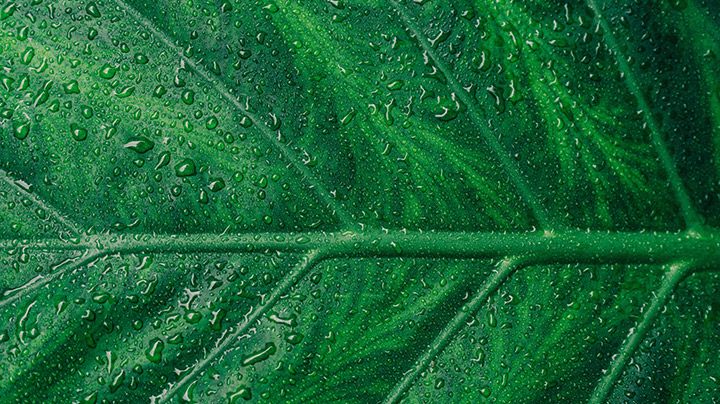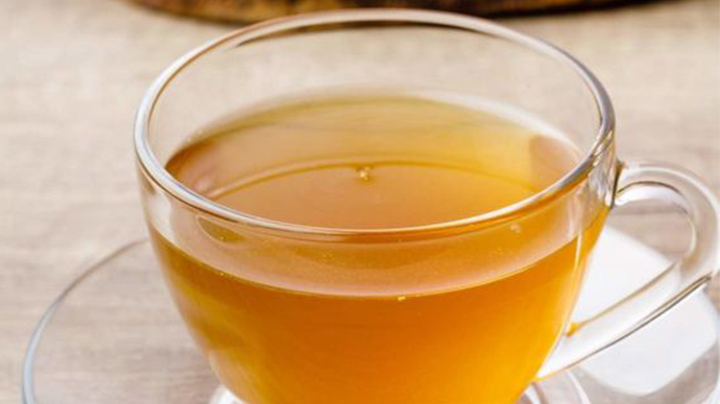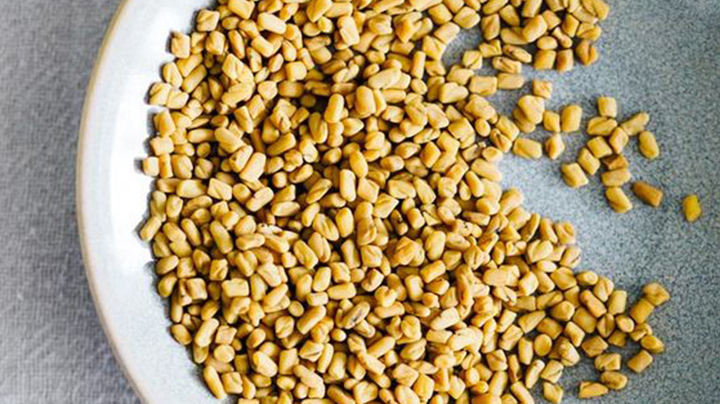Shop Sadhguru Books from Abebooks

One of the most fundamental ways of delivering hydration to the body
is by drinking water, a fact known to all today. Even in Ayurveda, the
premise of healthy functioning is ample hydration. For instance, the
first drink of water after one awakens from a night of deep sleep is a
highly regarded ritual, known as Ushapana, which signals the body and
the skin to stimulate and rejuvenate its cells, and prepares for healthy
functioning through the day.
But did you know, by going just one step ahead and infusing plain
water with fresh ingredients to prepare herbal concoctions is an ancient
Ayurvedic technique that can take your skin from dry and dull to amply
hydrated and iridescent? While these combinations are aromatic and full
of flavor, they also come with the added health benefits of fresh herbs
and natural ingredients. Furthermore, as water itself is known to be a
powerful elixir in Ayurveda when you soak herbs in it, it increases both
the water and the ingredients’ healing power, for the most
transformative results.

Here’s how you can indulge yourself in nourishing and refreshing
herbal drinks that can be easily prepared at the comfort of your home!
Orange, Ginger and Basil Leaf Herbal Tea
In a small bowl, bruise 10 basil leaves with the back of a spoon. Add
the fine zest, slices, and juice of 1 orange, 1 thinly sliced thumb of
ginger to 5 cups of water, then leave to infuse for at least 2 hours.
Serve warm or at room temperature. The purifying, anti-inflammatory
properties of the basil leaves and ginger help detoxify the body and
boost weakened immunity during the Winter.
Amla, Honey, Ginger and Turmeric Infusion Tea

Boil 2-3 Amlas (Indian Gooseberry)
with a slice of ginger. Allow them to boil for 5 minutes and then add a
teaspoon of honey along with a pinch of turmeric. Amla is a natural
antioxidant and rich in anti-bacterial properties that provide a boost
of energy while Turmeric is a blood detoxifier and pain-relieving herb;
together these ingredients help the body in achieving a healthy
metabolism which ultimately reflects as radiance and clarity in your
skin.
Cinnamon and Fenugreek Seed Water

Soak a handful of Fenugreek or methi seeds in water
overnight. The morning after, strain the pale yellow water and add a
pinch of Cinnamon powder to it. Loaded with antioxidants and
anti-inflammatory properties, Fenugreek seeds and Cinnamon regulate
blood sugar levels within the body. Fenugreek is renowned in Ayurveda
for its ability to reduce blemishes and dark circles from the skin and
is a great ingredient to incorporate in one’s diet if hair fall is a
major concern. It is recommended to drink this concoction as the first
sip in the morning, on an empty stomach.
So instead of choosing high-sugar drinks, try adding fresh, Ayurvedic ingredients to water for flavor and a boost of nutrients!
https://www.forestessentialsindia.com/blog/an-ancient-technique-to-hydrate-and-glow-this-winter.html
Get Luxurious Ayurvedic products from Forest Essentials https://fas.st/v65wh
Comments
Post a Comment